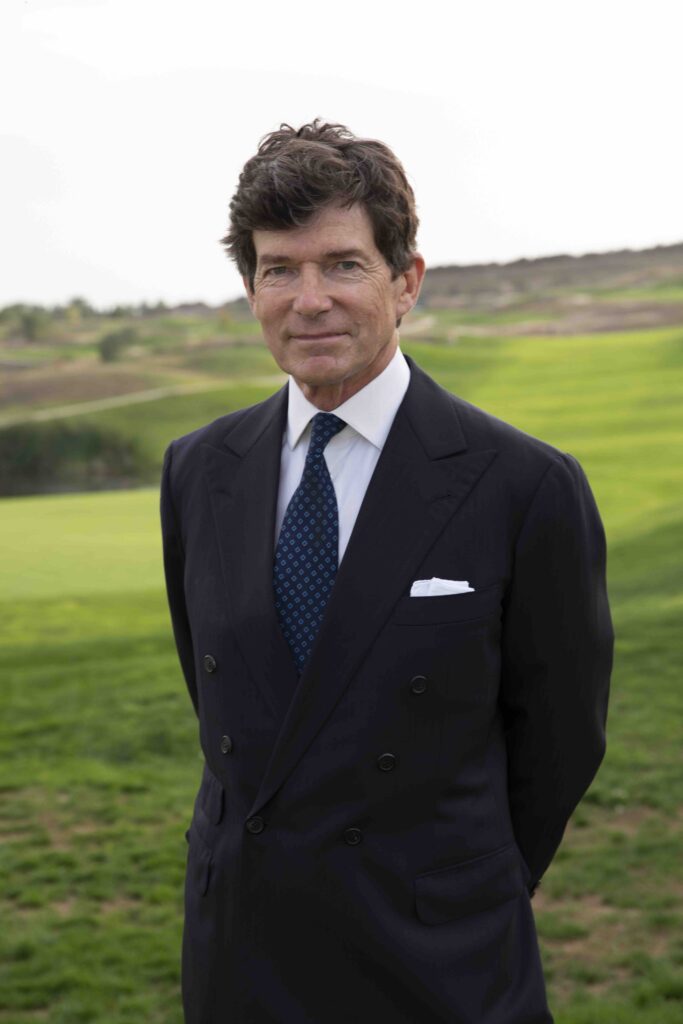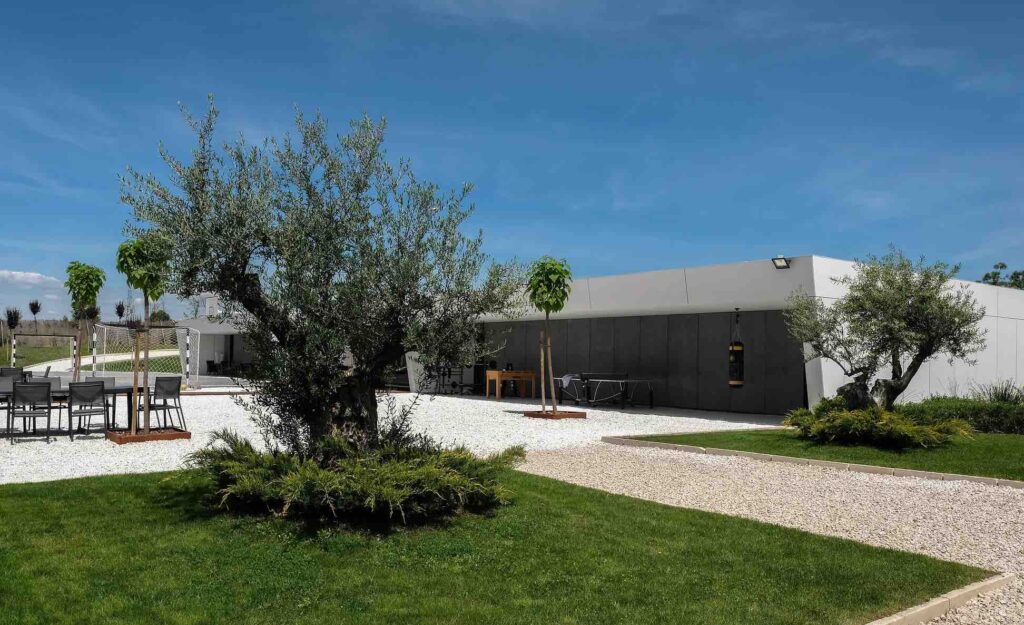In 2001, few would have guessed that the man who drove a van through the streets of Pozuelo, on the outskirts of Madrid, picking up people with addictions to offer them food and a hot shower, was Maximilian of HabsburgMaximilian, son of Archdukes Ferdinand and Helen of Austria. Educated at the prestigious Eton College in the UK, Maximilian came to Spain in the 1980s to learn the language. The tragic loss of his sister at the age of 24 during the era of the "movida madrileña" marked him deeply and prompted him to commit himself to helping people suffering from addictions.

This personal commitment led him to found RECALan organisation dedicated to the rehabilitation of people with addictions such as alcoholism, drugs, smoking, pathological gambling, nomophobia and sexual addictions.. RECAL offers a holistic approach that includes not only patient recovery, but also support for families, a crucial factor in the success of treatment. Based in Majadahondaon the outskirts of Madrid, the centre has a multidisciplinary team of specialists in medicine, clinical psychology, therapy and nursing, all focused on the complete recovery of the patients.. In addition, addiction prevention workshops are organised for young people and adolescents.
The method used in RECAL is the Minnesota ModelThe aim of the programme is to achieve total abstinence from the substance or behaviour causing the addiction, while also promoting the social and occupational reintegration of patients. Throughout its more than 23 years of experienceRECAL has earned the trust of patients and families through its expertise and personalised approach, resulting in a high success rate in recoveries.
Maximiliano de Habsburgo explains: "We focus on offering personalised treatments that address physical, mental, emotional and spiritual aspects to ensure sustainable recovery and holistic wellness.
This year, RECAL has gone one step further with thehe opening of RECAL TAa new unit dedicated exclusively to the prevention and treatment of eating disorders.The problem is affecting younger and younger people. "Adolescence is a vulnerable stage in which messages about physical appearance have a considerable impact. Social media bombards them with often unattainable ideals of beauty, which predisposes them to develop eating disorders," says Maximiliano.
Eating Disorders (ED) are the third most common chronic disease in Western societies.. In Spain, recent studies indicate an increasing prevalence of these disorders among adolescents aged 12 to 21, with the incidence starting earlier and earlier, even at the age of 8 or 9, due to social pressure on body image and the use of social networks from an early age.
Maria Quevedo, treatment manager at RECAL, underlines the importance of early intervention: "Early intervention not only reduces personal suffering, but also reduces serious long-term complications. With this approach, RECAL TA seeks to prevent the aggravation of eating disorders by promoting protective factors and detecting warning signs early. "Self-love, both internal and external, is key, as body image is not only what we see in the mirror, but also how we feel about our body," concludes Quevedo.






